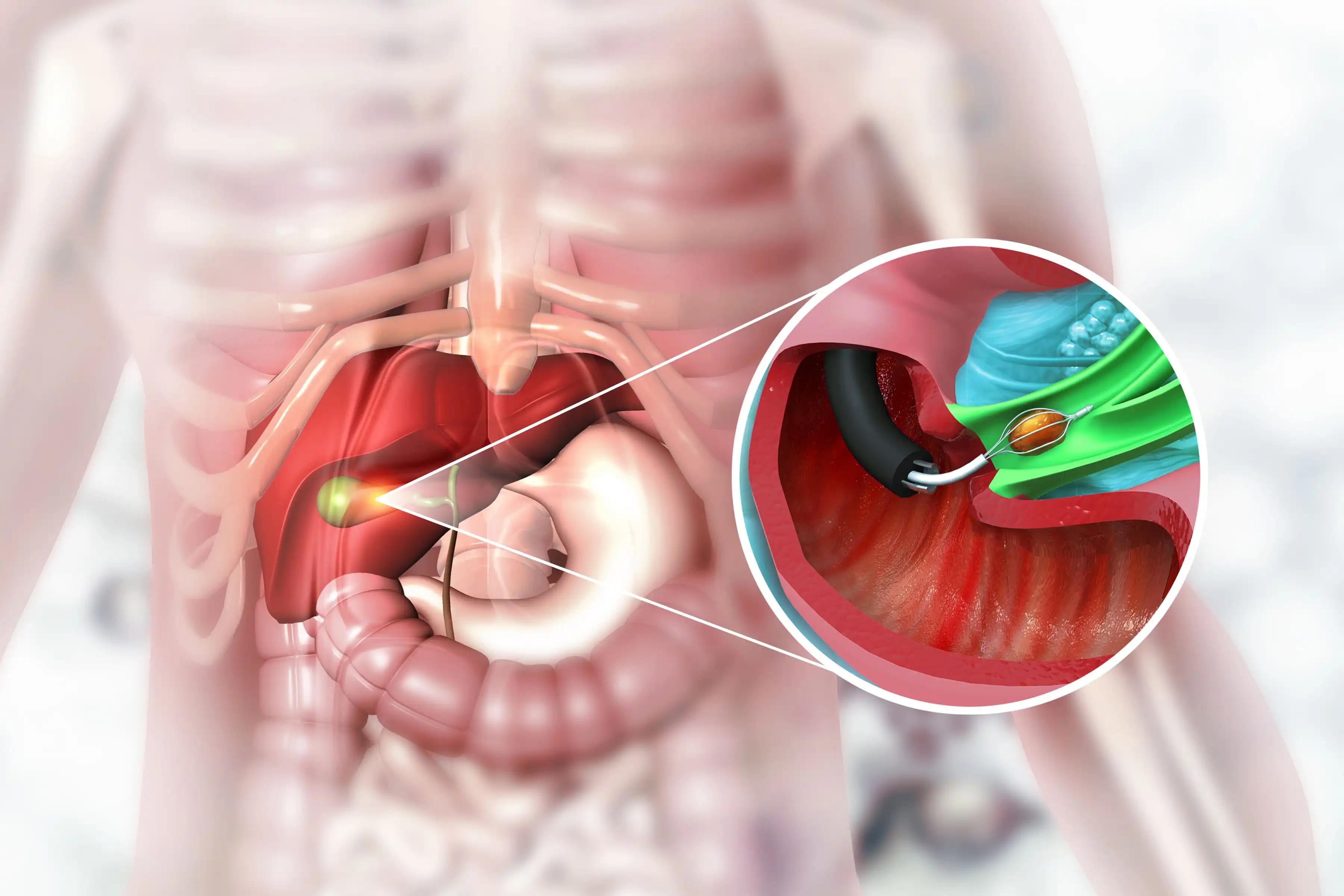KEY TAKEAWAYS
- The LEGEND phase 1 and 2 aimed to develop EG-70 gene therapy for NMIBC.
- The primary objective was to ensure safety and tolerability among pts.
- The result demonstrated early promise for EG-70 in BCG-resistant bladder cancer.
- The LEGEND phase 2 trial of EG-70 for BCG-resistant in high-risk bladder cancer is ongoing.
Dr. Gary Steinberg and researchers assessed that enGene has developed a non-viral gene therapy platform to deliver nucleic acids to mucosal tissue epithelia. Their lead product, Detalimogene voraplasmid (EG-70), carries a plasmid expressing human interleukin-12 (IL-12) and RNA activators of RIG-I. Specifically designed for intravesical use, it aims to locally stimulate anti-tumor immune responses in BCG-unresponsive Non—muscle-invasive Bladder Cancer (NMIBC), minimizing systemic toxicities. The nanoparticle formulation ensures easy handling without complex procedures for clinicians or patients.
In the first 12 weeks of the clinical trial, patients with carcinoma in situ (CIS) who did not respond to BCG treatment were given three increasing doses of EG-70. This was done in two different schedules during Weeks 1 and 2. For Dose Level 2 (DL2), there was an extra group of patients who received doses on Weeks 1, 2, 5, and 6. After finishing the initial 12-week study, patients showing a complete response (CR) or stable disease (SD) were allowed to continue using EG-70 for up to three more 12 weeks. The primary goal was to assess safety and tolerability, with efficacy as a secondary objective.
In the interventional study, 24 patients have undergone EG-70 treatment, receiving 175 doses collectively. Notably, no dose-limiting toxicities (DLTs) necessitated dose reduction. The observed 123 Grade 1 and 2 adverse events (AEs) were consistent with intravesical instrumentation. Three Grade 3 AEs were deemed unrelated to the study drug, while one Grade 3 event was considered possibly linked.
Of the 22 patients assessable for efficacy, 15 out of 22 (68%) achieved a CR at the 3-month mark, with an additional 1 out of 22 (5%) attaining CR at some point during treatment. Remarkably, 18 out of 22 patients opted for additional treatment cycles beyond Month 3, and durable CRs were evident across all dose levels. A graphical representation summarizing all completed efficacy assessments, including elective cycles 2-4.
The result concluded that EG-70, a non-viral immunotherapy for the bladder, seems to be safe and well-tolerated based on early observations. The initial effectiveness results are promising. Currently, the crucial Phase 2 LEGEND study for EG-70 in people with high-risk bladder cancer who haven’t responded to BCG treatment is ongoing and is accepting participants.
Source: https://suo-abstracts.secure-platform.com/a/gallery/rounds/18/details/3319
Clinical Trial: https://clinicaltrials.gov/study/NCT04752722
Steinberg GD, Kolata S, Lotan Y, et al. “LEGEND, A PHASE 1/2 STUDY OF DETALIMOGENE VORAPLASMID (EG-70) INTRAVESICAL MONOTHERAPY DEMONSTRATED CLINICAL RESPONSES IN BCG-UNRESPONSIVE NMIBC PATIENTS WITH CIS” Presented at SUO 2023. (Poster: 112)



